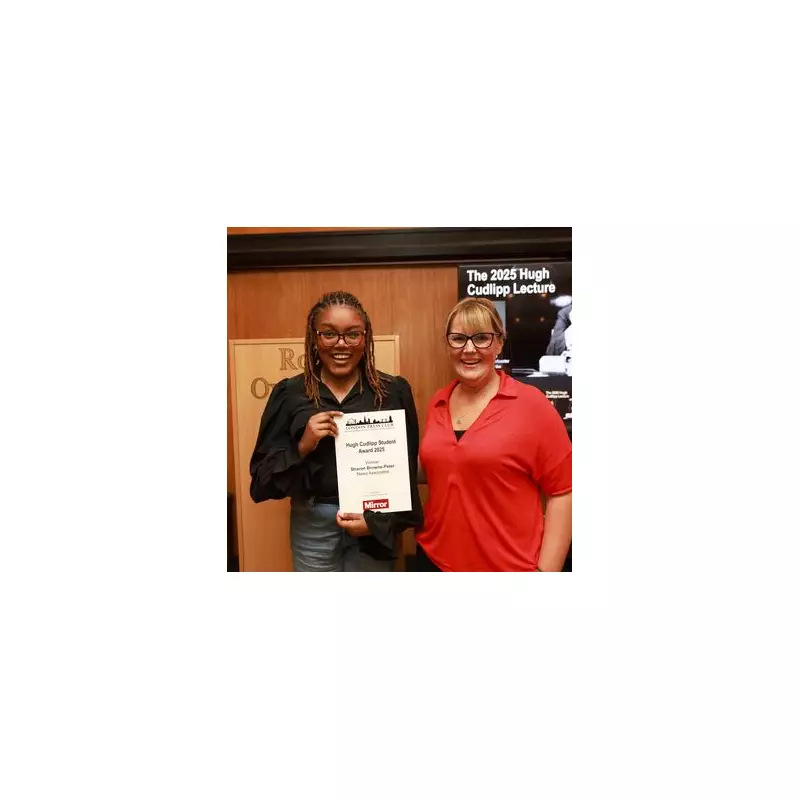
The annual Hugh Cudlipp Lecture has once again underscored the profound impact journalism can have on society—particularly when it comes to saving lives. This year’s lecture, delivered by a prominent media figure, highlighted the critical role of ethical, investigative reporting in shaping public awareness and policy.
The Power of Responsible Journalism
At the heart of the lecture was a compelling argument: journalism isn’t just about reporting facts—it’s about safeguarding communities. From exposing health crises to uncovering political scandals, the media has repeatedly proven its ability to drive meaningful change.
Case Studies That Made a Difference
The speaker referenced several high-profile investigations where journalism directly led to life-saving interventions:
- The exposure of unsafe medical practices that prompted nationwide reforms.
- Investigative pieces on corporate negligence that resulted in stricter regulations.
- Campaigns raising awareness about public health issues, leading to increased funding and better services.
Challenges Facing Modern Journalism
Despite its potential, the lecture also addressed the growing challenges journalists face today—declining trust, financial pressures, and the rise of misinformation. The speaker urged news organisations to prioritise accuracy and public interest over sensationalism.
A Call to Action
The lecture concluded with a powerful message: the future of journalism depends on its ability to adapt while staying true to its core mission—holding power to account and giving a voice to the voiceless.





